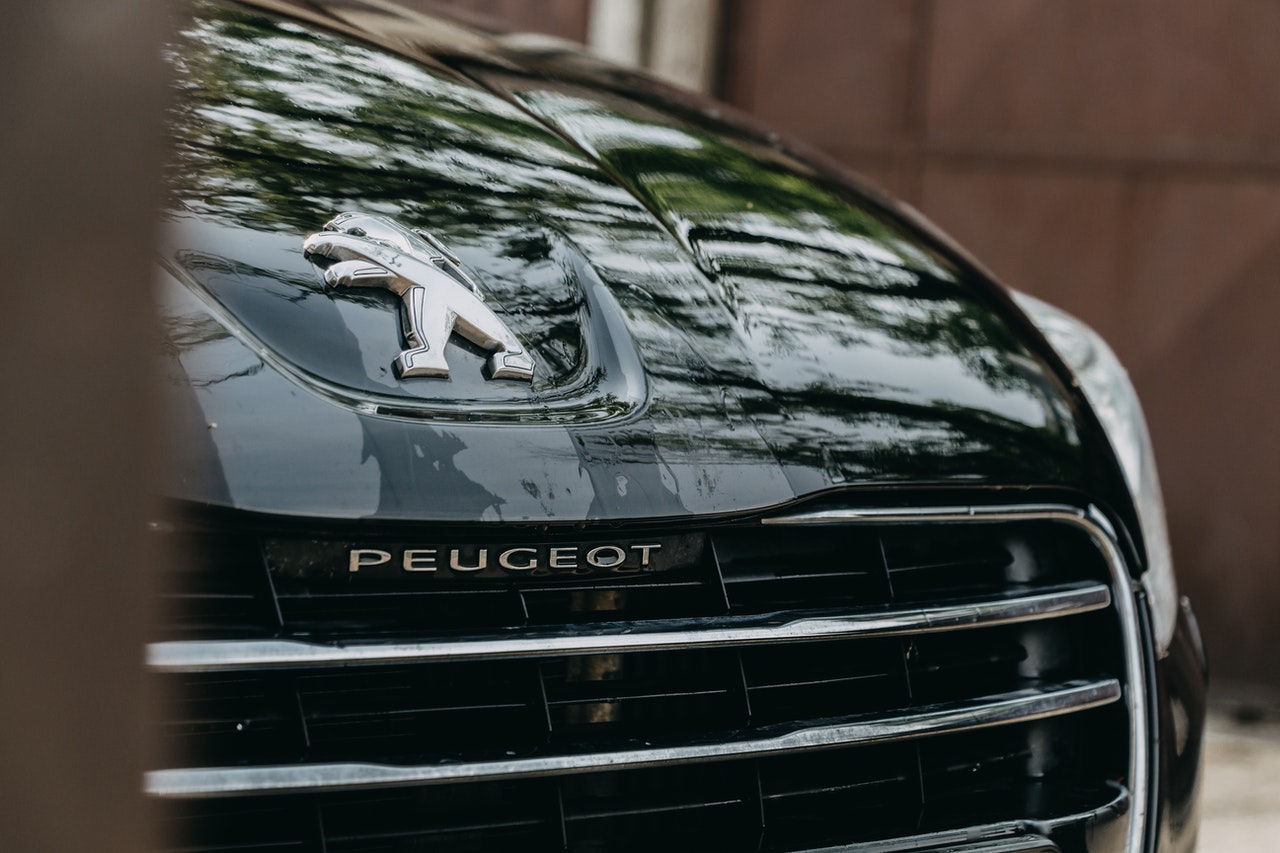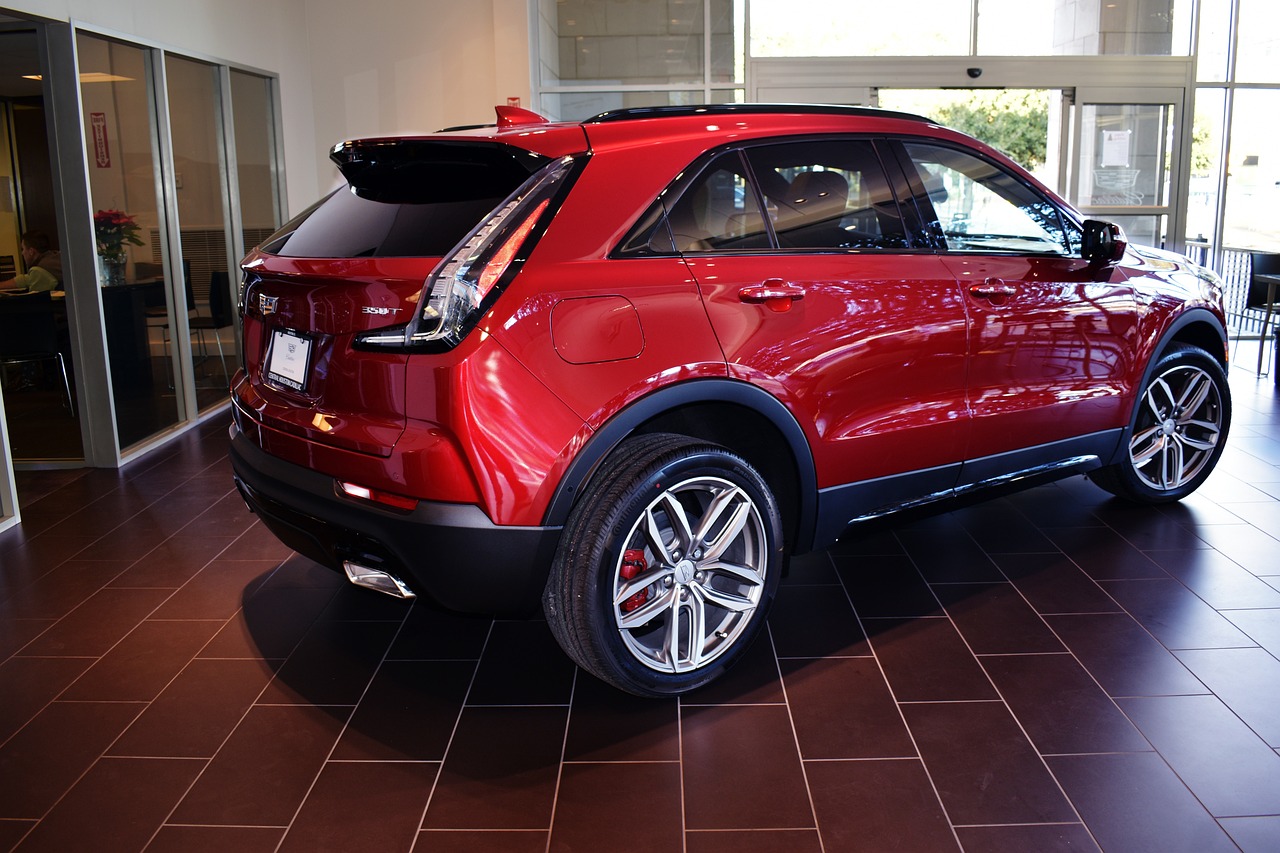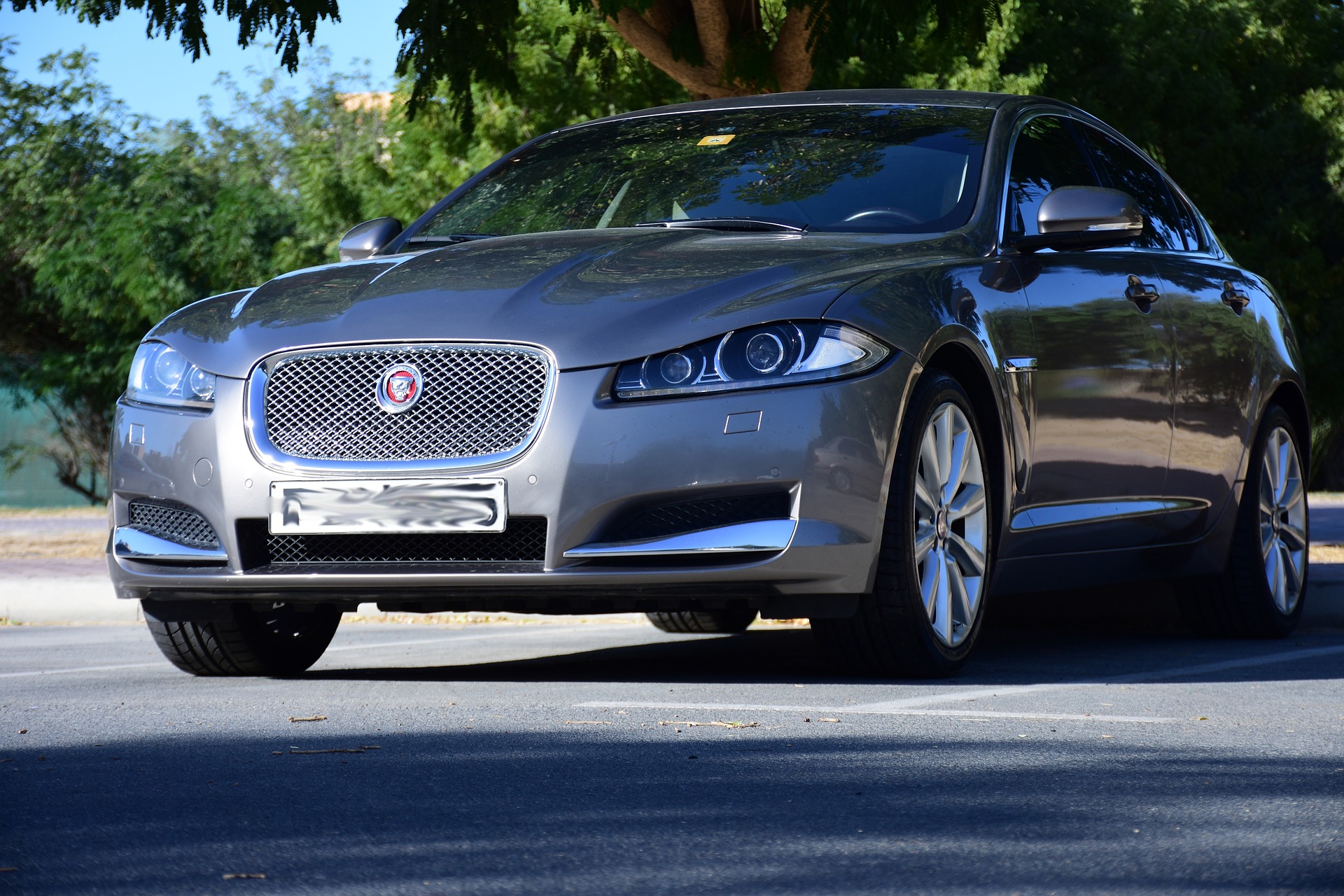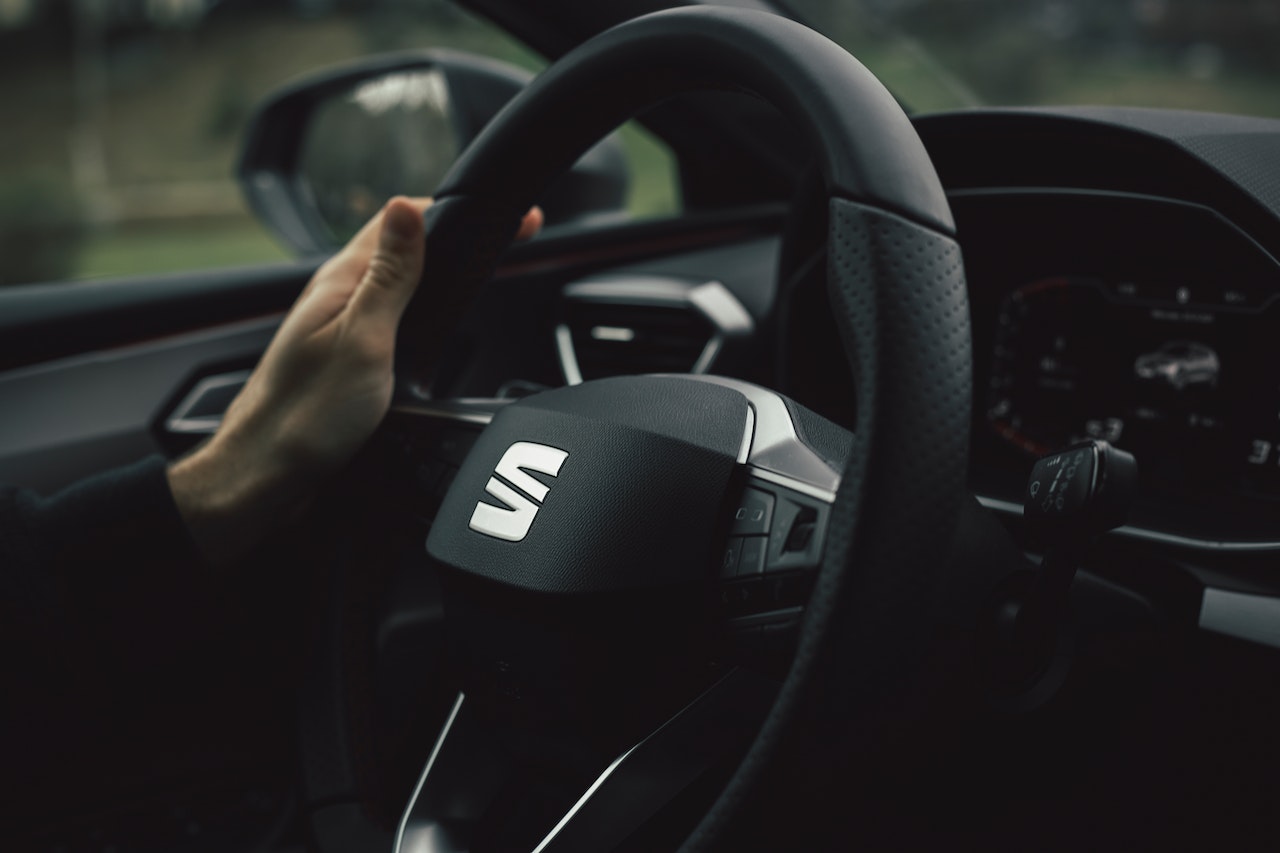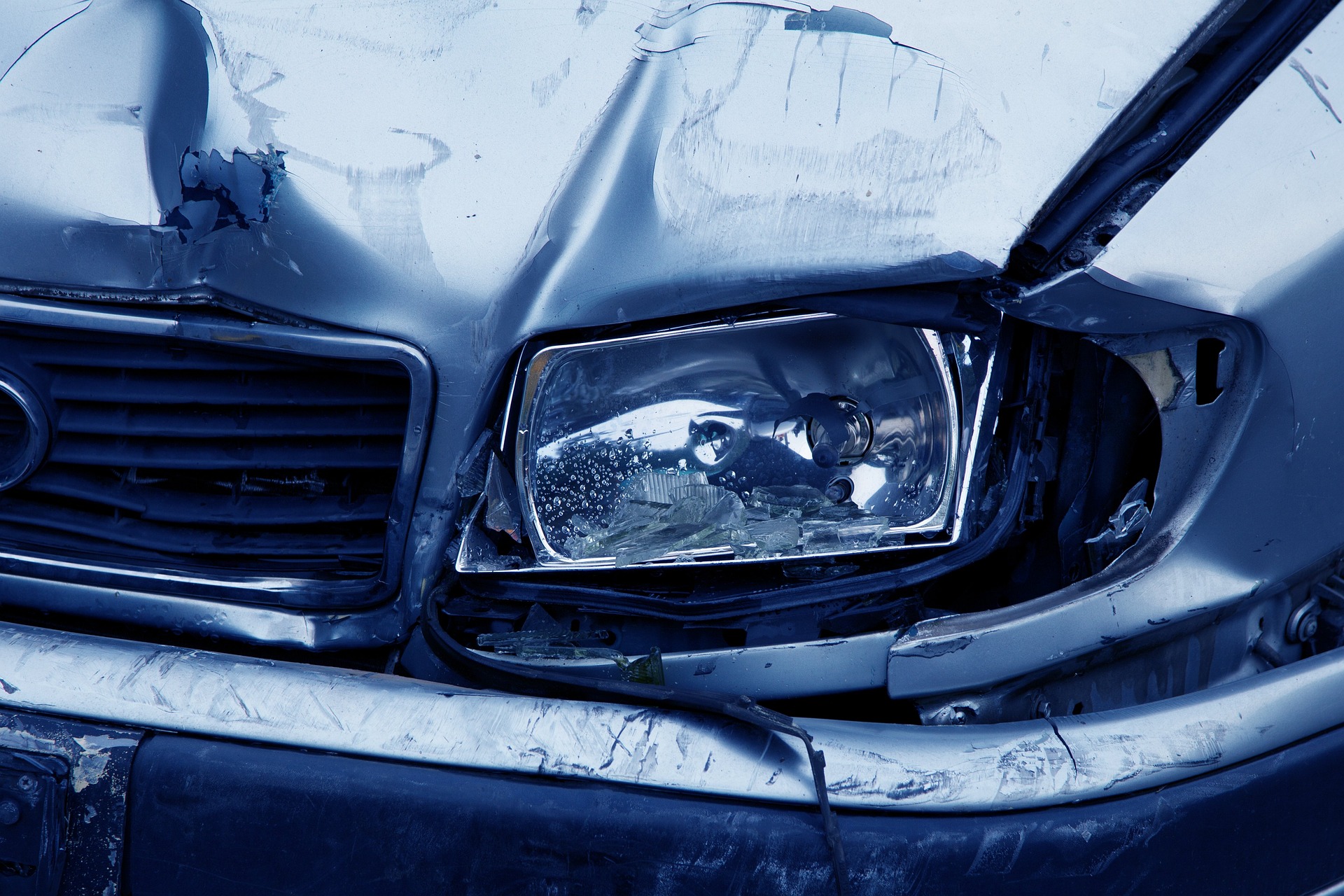We found the following complaints for HONDA PRELUDE (1989)
Read complaints for HONDA PRELUDE (1989)
Soon after parkingvehicle caught on fire.fire department said it was due to faulty wires. Consumer contactedamerican honda, and they sentconsumer to a dealer ship. Butdealership said thatproblem was too serious, and that they could not do anything for her. Consumer called back american honda, and they said they will call her back. Consumer is still waiting for the phone call.
Water pump replaced. *sd
Radiator replaced. *sd
Brakes squeal. Also, power steering hose leak/ radiator hose melts due to close proximity to manifold/ transmission failure/ windows fog up andcruise control disengages, causing loss of control.vehicle swerves/unevenback tire wear.
Timing belt broke, bending the valves, causing vehicle to stall. *dh
The engine timing belt broke while the vehicle was traveling at a high rate of speed (@55mph) on the us 20 bypass, a local 2-lane expressway.the vehicle experienced a complete loss of acceleration and power due to the breaking of the timing belt.luckily no other vehicles were near me at the time this occurred.vehicles on this expressway routinely approach 65 mph.this being so i was able to pull over to the right side of the road. The vehicle was towed to a repair shop and found to have 3 of the 4engine valves destroyed beyond repair; a rod or piston in the lower engine has also been affected, thus effectively making the car undrivable and uneconomical to repair.the vehicle owners manual fails to inform owners that the timing belt needs to be maintained.there is no indication at all in the maintenance schedule on pages 72-77 that the timing belt needs to be maintained. The warranty booklet for the 1989 honda prelude states on page 4, " you must maintain your 1989 honda automobile according to the maintenance schedule in the owner's manual".the owners manual also fails to inform/warn vehicle owners of what consequences a broken timing belt can have on the engine and does not warn/inform owners of the possible consequences attempting to restart an engine with a broken timing belt can have on the engine. Scenarios can be envisioned in which accidents could occur due to the failure of the engine timing belt. Attempting to pass a vehicle and experiencing a loss of acceleration could result in a head-on collision with an on-coming car on a two lane road, or with an adjacent one in busy, fast moving traffic on an expressway. I contacted american honda on 06/20/02, my case # is 9n012002-06-2000-969. I bought the car from a private party, not the listed dealer--that is where the car was bought when new.
Intermittent stalling.*sd
The car stops by itself when being driven. It sputters and then all the electrical lights come on and the car stops and will not start. I have towed it to the dealer 5 times, and they cannot figure the problem out, and they are able to start the car. The dealer says everything is all right but we are still facing the same problem of car stopping by itself and not starting again.
Drive belt squeals. *sd
This is a compressor that was replaced under warranty on 2/11/91. I am now on the 3rd compressor.
Clutch repaired. *sd
Front seat belt buckles engage and appear to hold; but buckles release unexpectedly when pressure is applied to belts.
Front belt buckle replaced accordance with a recall campaign 95v103001, the replaced buckle refused to latch afterward being replaced.about 75% of the time the buckle would appear to be snap, but after yanking on the belt it would release from at the buckle.
Passenger side with seat belt has difficult time to unlatch buckle.
Seat belt; the driver side seat belt buckle came loose from the latch.tt
The release buttons on the belts are craked and broken.
The driver seat belt buckle broke.tt
Brakes squeal. Also, power steering hose leak/ radiator hose melts due to close proximity to manifold/ transmission failure/ windows fog up andcruise control disengages, causing loss of control.vehicle swerves/unevenback tire wear.
Master cylinder replaced due to mushy brake pedal.*sd
This hose failure is the same type of failure that was described in the 1988 recall, but the dealer would not cover it.
Same problem as 1988 model year recall. No safety defect (s) found in summary.
Power steering high pressure hose leaks.
Brakes squeal. Also, power steering hose leak/ radiator hose melts due to close proximity to manifold/ transmission failure/ windows fog up andcruise control disengages, causing loss of control.vehicle swerves/unevenback tire wear.
Power steering line is broken and drips fluid on manifold.tt
Power steering supply hose on my honda prelude developed a leak at the connector clamp seal, and dripped fluid onto the hot exhaust manifold, causing smoke.honda had recalled the power steering supply hose which they installed in my car, but they told me that my car was not covered by the recall because it was manufactured four months after the "ending date of manufacture".my honda prelude is a 1989 model, but it was manufactured in august of 1988.please petition honda to extend their recall so that i, and other honda prelude owners, can be protected from this potential hazard.
Power steering fluid leaking at connector clamp seal. Noticed the 1988 vehicles are under recall concerning same problem;nhtsa # 89v059 000. Dealer notified and informed consumer vehicle not under recall.
The power steering is leaking consumer is having the same problem that was recall on the 1988 # 88v05900 .tt
Power steering hose failed. There was a recall of the same hose on 1988, which are identical to the 1989 model. *et
Door misaligned. *sd
Front end shimmies.*sd
Brakes squeal. Also, power steering hose leak/ radiator hose melts due to close proximity to manifold/ transmission failure/ windows fog up andcruise control disengages, causing loss of control.vehicle swerves/unevenback tire wear.
Brakes squeal. Also, power steering hose leak/ radiator hose melts due to close proximity to manifold/ transmission failure/ windows fog up andcruise control disengages, causing loss of control.vehicle swerves/unevenback tire wear.
Brakes squeal. Also, power steering hose leak/ radiator hose melts due to close proximity to manifold/ transmission failure/ windows fog up andcruise control disengages, causing loss of control.vehicle swerves/unevenback tire wear.
Brakes squeal. Also, power steering hose leak/ radiator hose melts due to close proximity to manifold/ transmission failure/ windows fog up andcruise control disengages, causing loss of control.vehicle swerves/unevenback tire wear.
Read more
